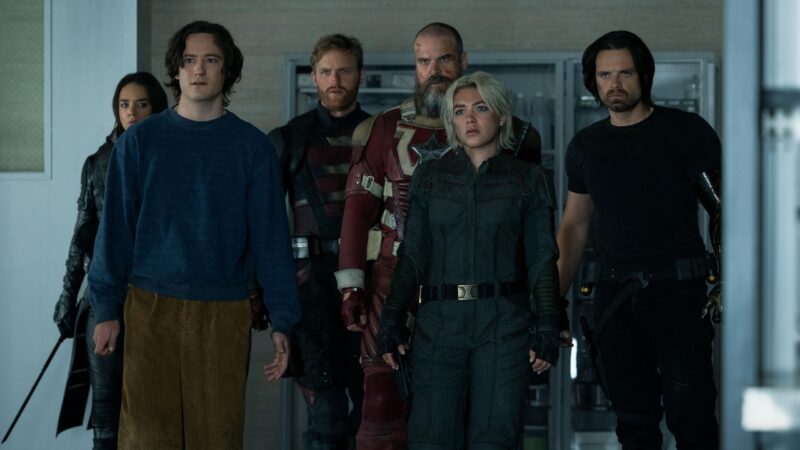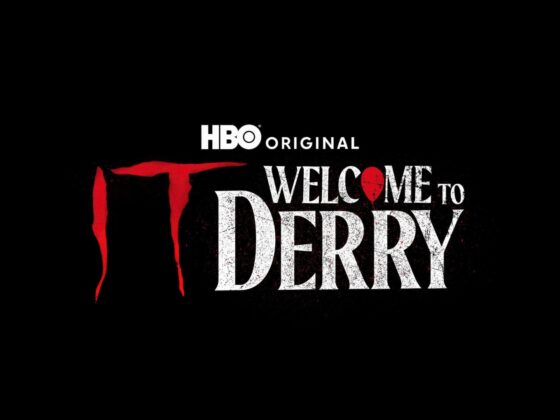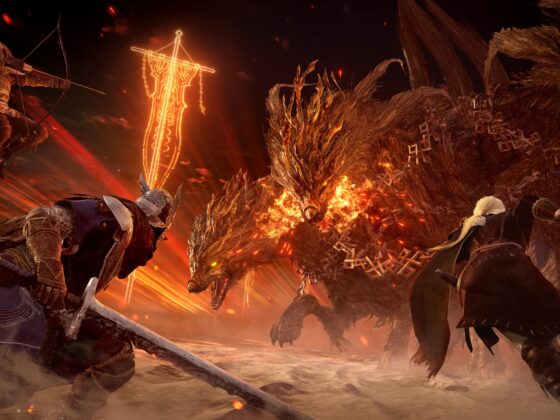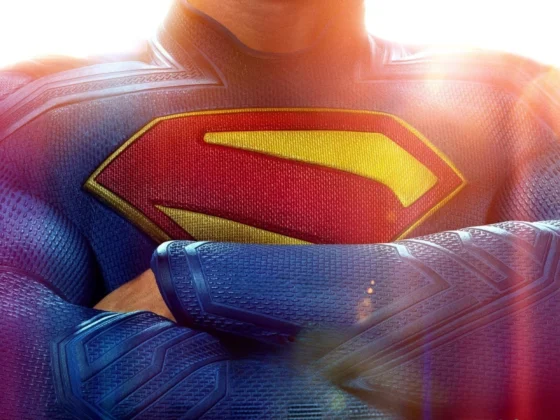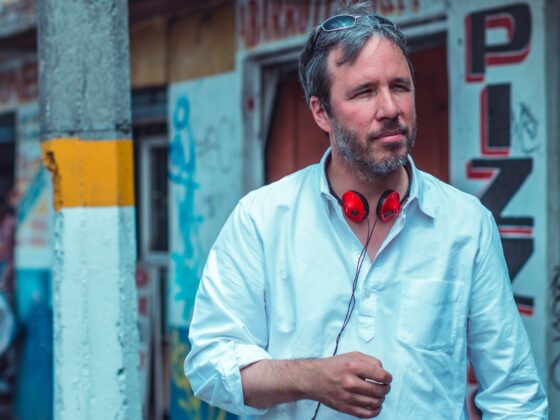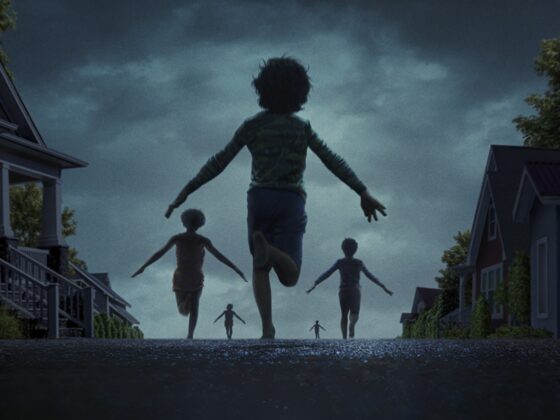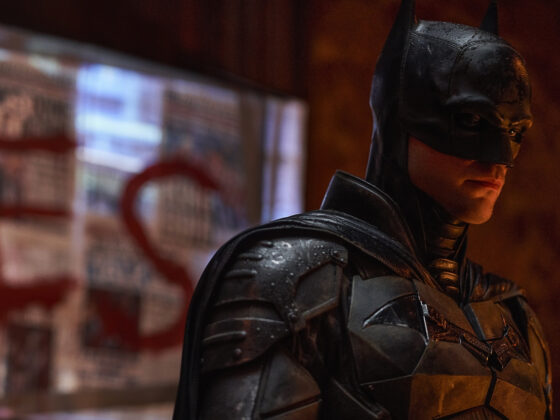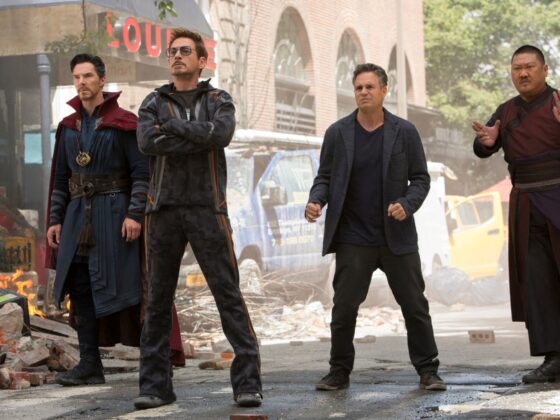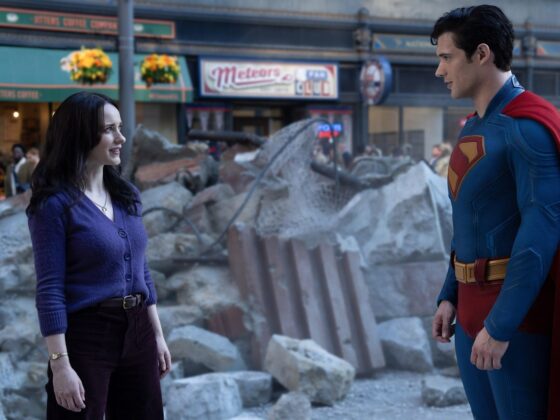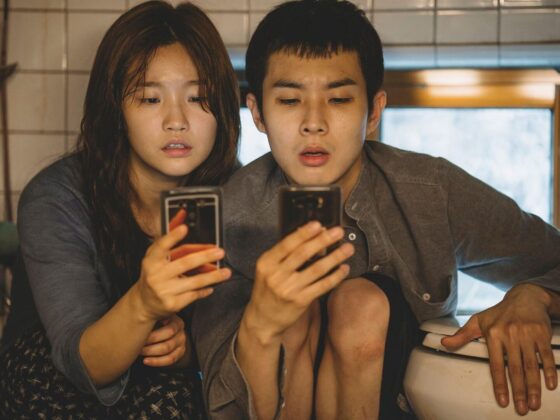Marvel’s crisis of identity has been brewing for years, and Thunderbolts knows it.
I’m a big fan of the opening credits of Marvel projects, so I tend to pay more attention to them than your average viewer. In this one, I noticed that the Marvel logo is slowly consumed by a shadow, something that must be a sort of visual double entendre.
Besides the surface symbolism of the film’s plot, director Jake Schreier leans into the darkness that Marvel has found itself in to create something the MCU has desperately needed: a film with actual emotional weight.
Where the Avengers once assembled with noble purpose, the Thunderbolts stumble together like survivors of a brutal support group meeting. Nothing sets the dark tone of the film like the opening scene with Florence Pugh’s Yelena Belova atop a skyscraper contemplating suicide to fill the void that’s consumed her since Natasha’s death.
Then, Schreier quickly throws us in the thick of it. CIA director Valentina Allegra de Fontaine is facing congressional impeachment for her shady (and very illegal) experiments.
To make sure nothing will come out of what she describes as a “witch hunt,” she sends her most problematic assets – Yelena, John Walker (who was Captain America for all of 2 seconds), Ghost, and Taskmaster – on a suicide mission to eliminate each other. What she didn’t count on was them actually figuring out her plan.
Amid this deadly mission is where they encounter Lewis Pullman’s Bob, a mysterious amnesiac who, from their point of view, came out of nowhere. Pullman might be a nepo baby, but no one can accuse him of resting on the laurels of his father.
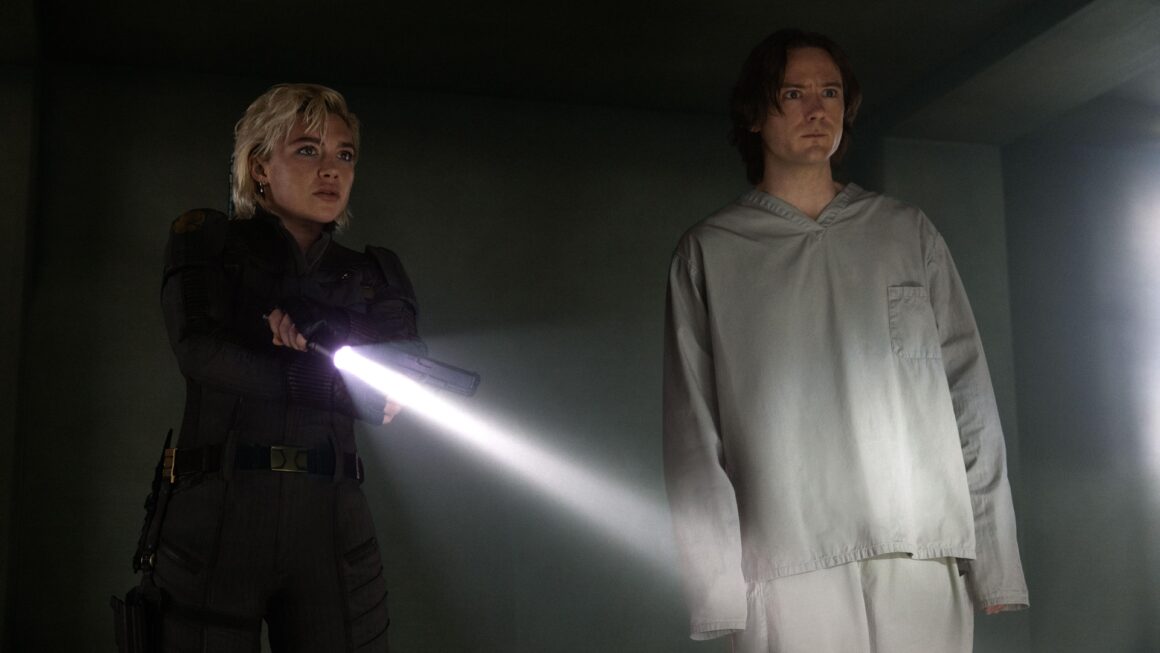
In just a few minutes of making his appearance, Pullman delivers a masterclass in understated menace, playing a man haunted by memories he can’t access while radiating an unsettling energy that keeps both the Thunderbolts and the audience on edge.
By the time he makes his transformation into Sentry, Marvel’s answer to Superman, we already know something dark is on the horizon, just waiting to rise into full view.
Thunderbolts tends to shine in those quiet moments between the mayhem. Schreier, who worked on Netflix’s Beef, brings that same understanding of wounded people trying to heal through external action.
When Yelena and David Harbour’s Red Guardian share memories of her terrible childhood soccer team (where the Thunderbolts name originates), it’s more affecting than most Marvel third acts.
Sebastian Stan’s Bucky Barnes serves as the group’s unlikely anchor, a man who’s already walked through his own fire and emerged with enough wisdom to guide others. I loved how Schreier found the whole concept of the Winter Soldier turning into Congressman Bucky absurd, even if it somehow makes sense as far as redemption arcs go.
Visually, Thunderbolts favors practical intimacy over big CGI scenes. The action sequences feel scrappy and desperate, which perfectly matches the characters’ headspace. When the film does venture into surreal territory, it earns its weirdness through character work rather than empty spectacle.
That said, this is still a Marvel film, and as such, it stumbles occasionally with exposition dumps and over-explanation, a symptom of juggling so many damaged personalities. However, these shortcomings pale beside the larger achievement: Marvel has finally made a film that trusts its audience to sit with difficult emotions without immediately undercutting them with cheap laughs.
Florence Pugh anchors everything with a performance that showcases exactly why she’s become Hollywood’s darling. Her Yelena is funny, fierce, and fundamentally broken, a combination that shouldn’t work but absolutely does in Pugh’s capable hands. By the time the credits rolled, I was convinced Yelena should stand alongside the MCU’s A-listers in future installments.
It’s funny how Thunderbolts succeeds by embracing what Marvel has long tried to avoid: the messy, uncomfortable reality that not everyone can be saved, and that’s okay. These characters don’t overcome their demons so much as learn to live with them, finding solace in shared brokenness rather than individual triumph.
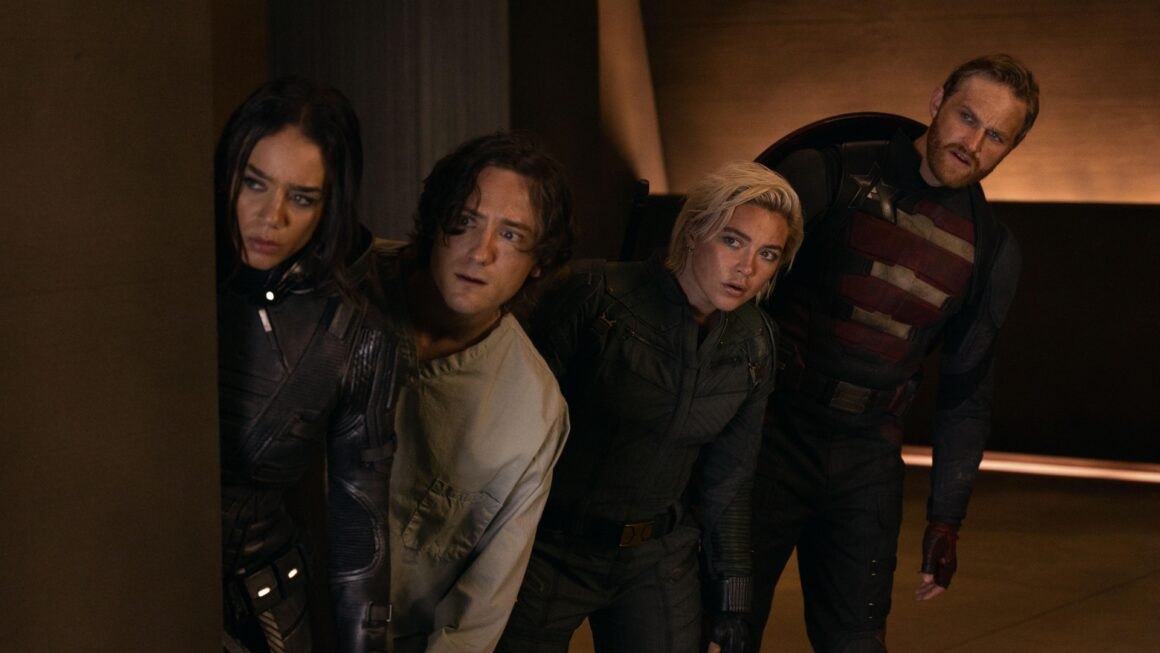
Who knew we could get a surprisingly mature message in a superhero film, and from Marvel Studios, no less?
Thunderbolts made me care about Marvel’s leftovers: the characters other films forgot, the storylines left incomplete, and the heroes who never quite fit the mold. This is Marvel’s most emotionally honest film since Steve Rogers questioned who he really was if he couldn’t save his best friend Bucky in Captain America: The Winter Soldier.
The lesson here that Marvel should take away is that the best superhero stories are fundamentally about people trying to figure out how to be better versions of themselves. Sometimes that means saving the world. Sometimes it just means saving one person, and in this case, that person is you.
Verdict
Verdict-
Storytelling7/10 Very GoodEvaluation of the plot, character development, and narrative structure.
-
Cinematography6/10 GoodAssessment of camera work, lighting, and visual aesthetics.
-
Acting8/10 ExcellentEvaluation of the performances and character portrayals.
-
Soundtrack5/10 AverageAssessment of the film's music, sound design, and use of audio elements.
-
Emotional Impact7/10 Very GoodThe film's ability to evoke genuine emotions and leave a lasting impression.
-
Technical Execution6/10 GoodEvaluation of the film's technical aspects, such as editing, special effects, and production values.
-
Originality6/10 GoodThe film's level of innovation, uniqueness, and freshness.
